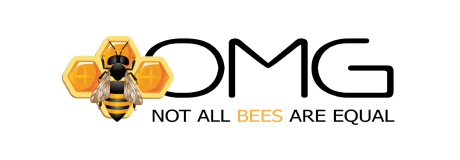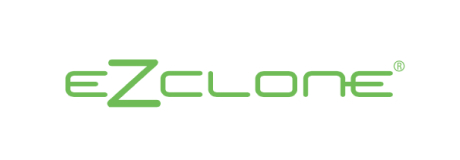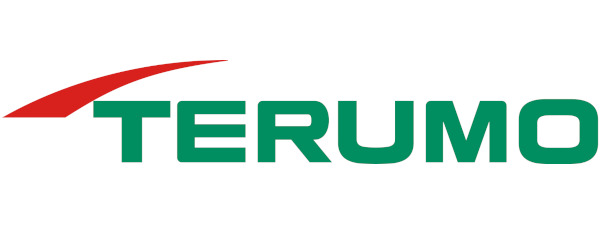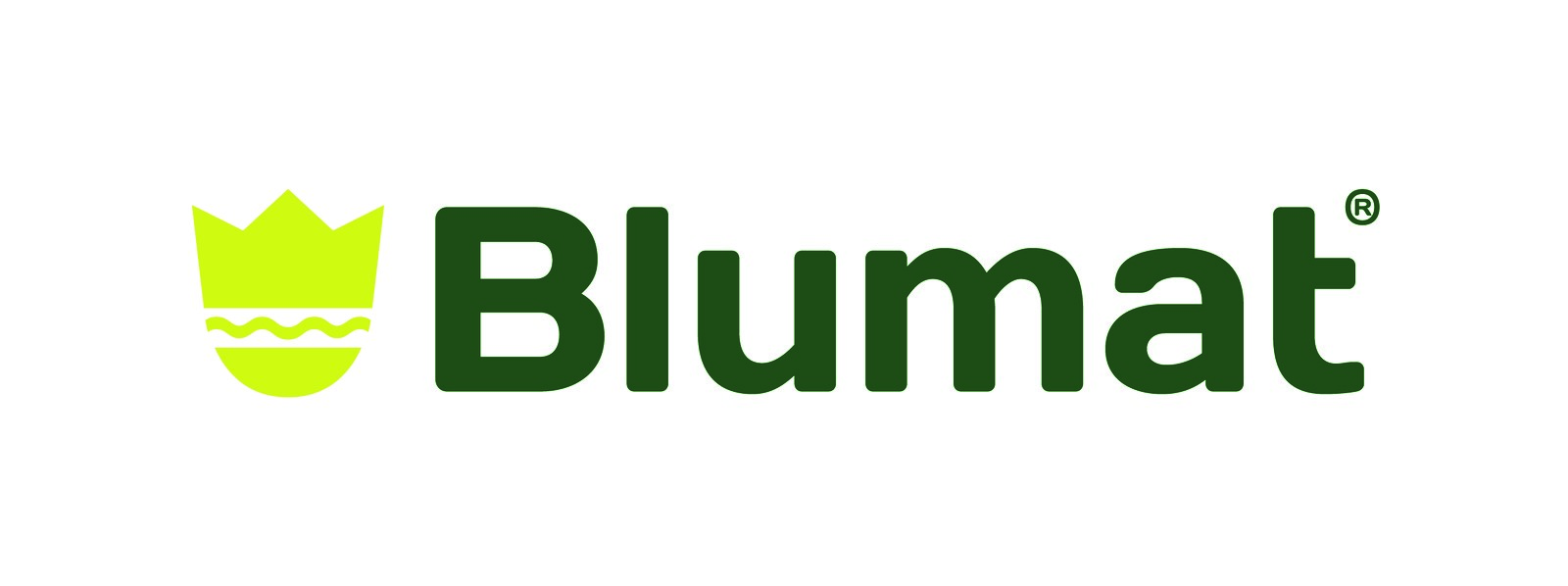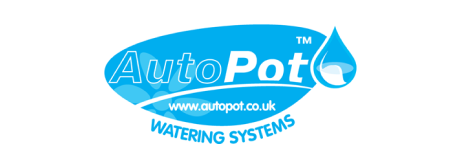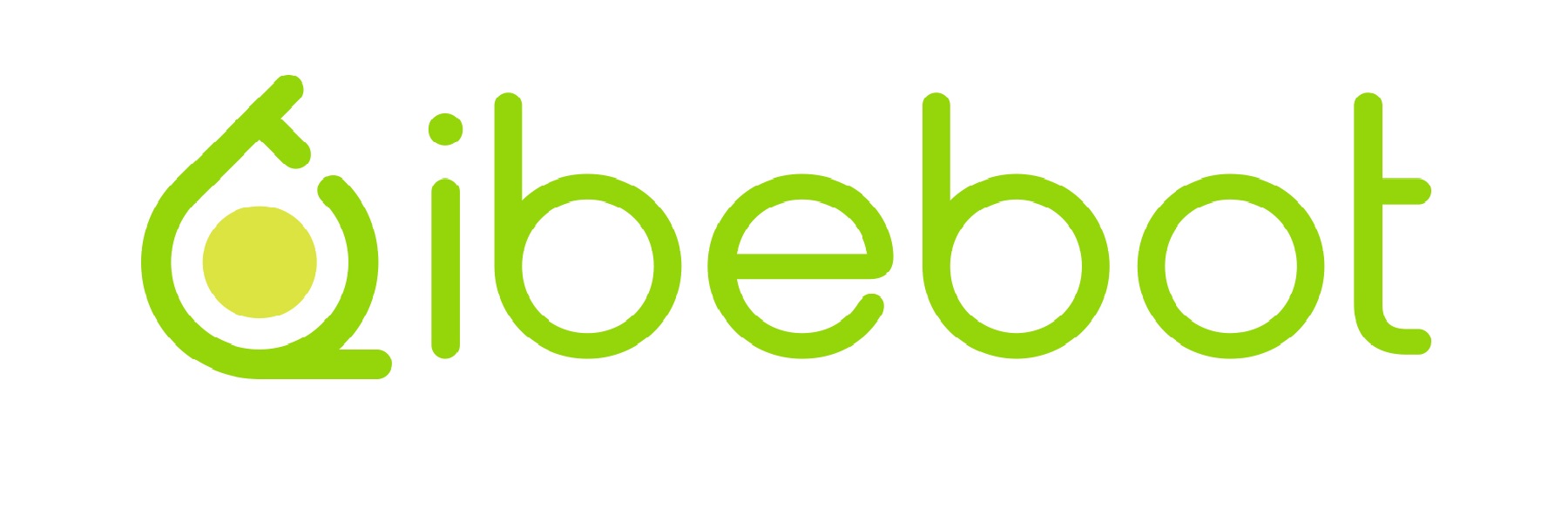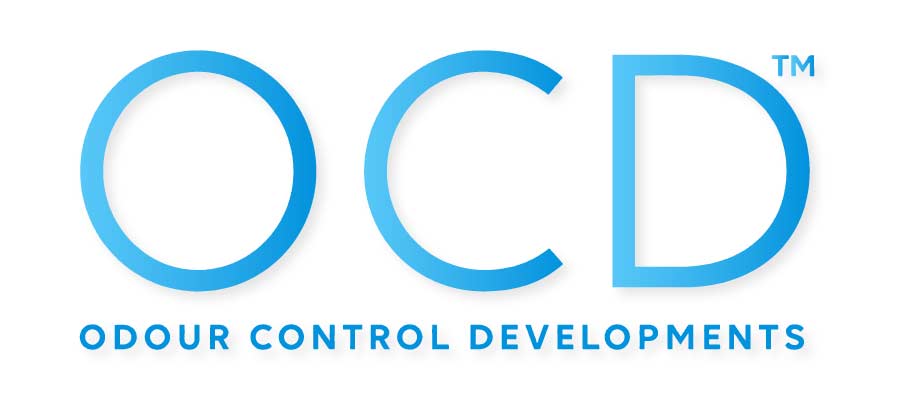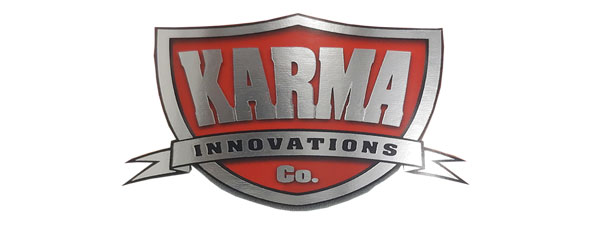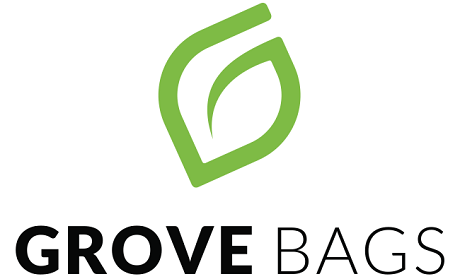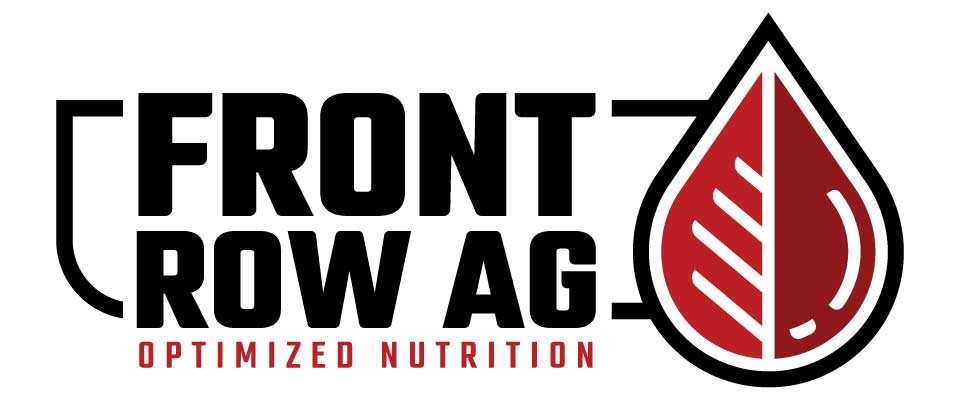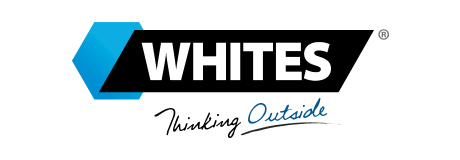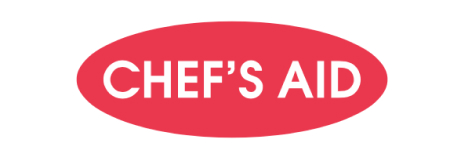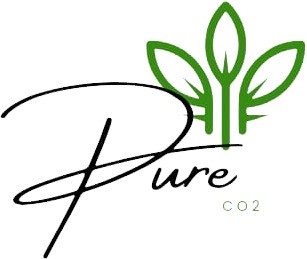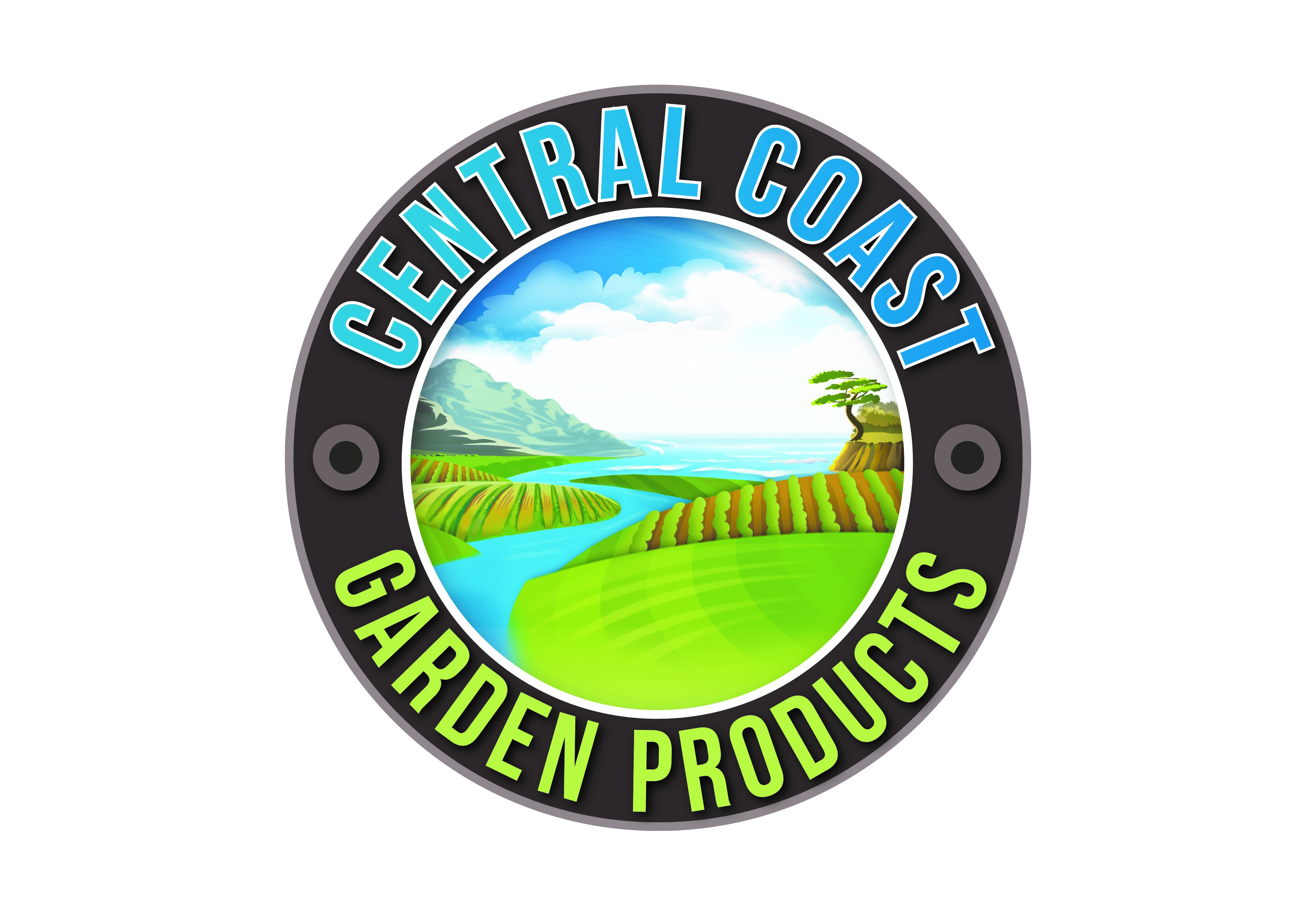pH & EC Meter Maintenance
It is essential to look after your pH and EC meters as you will get inaccurate readings from them if you don't, which can have drastic effects on your plants. A few simple steps go a long way in extending the life of your meter and ensuring accurate readings every time. Below are our top tips for keeping both pH and EC meters in top shape.
If your pH is not measuring accurately, you risk getting nutrient lockout. Nutrient lockout occurs when the pH is either too acidic or alkaline and reacts with the nutrient solution – locking out the elements from the plant. Your plants will begin to starve which causes a myriad of problems. Bluelab have an easy-to-read chart that explains this, we have shared it below.
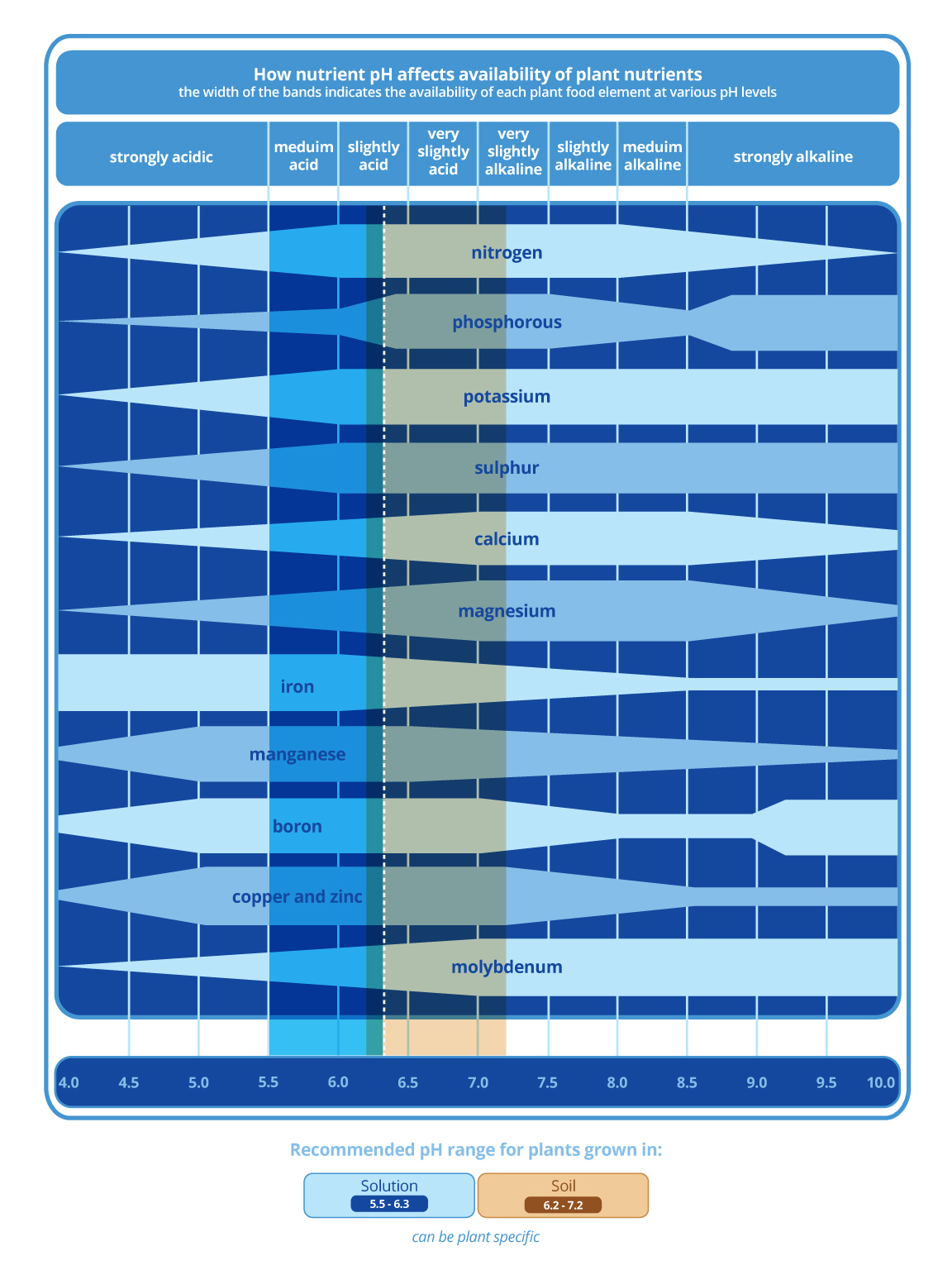
pH Meter Maintenance:
- Always rinse your probe after use. Always means every single time, not every second or third. If you don't rinse it, the salts in the nutrients dry on the probe and affect the reading. Rinse it with water – you can also add a drop of KCl solution to this. KCl solution is a potassium chloride based solution that hydrates your pH probes.
- Do not let the tip dry out – we repeat, do not let the tip dry out! Most pH meters come with a cap that has a sponge insert. Make sure you keep the sponge insert moist, preferably with KCl solution, as this is designed specifically for this job. We recommended checking this once a week.
- Once a month, or if you've neglected your probe for a few uses, use the Bluelab pH probe care kit to scrub the probe tip, then rinse clean with water.
- Calibrate your pH meter at least once a month. It is effortless to do this; it is usually just a matter of placing your probe in calibration solutions and pressing a button – refer to your manufactures guide for your meter's process.
- Don't immerse your probe in oils, proteins, or suspended solids – that will leave a coating on the probe, and it will be unable to give accurate readings.
- If you are not using your pH meter for a long time, remove the cap and place the probe upright in a plastic container. Cover the probe tip with KCl solution to ensure it doesn't dry out. Check the container regularly and top up the KCl solution as needed.
EC Meter Maintenance:
- As with the pH meters – always rinse your EC meter after use. We can't stress this point enough; if you do not do this, you will get inaccurate readings that can affect your whole grow.
- Make sure your EC meter is dry when stored. If it is kept wet, this affects the accuracy. If you have a dual pH &EC meter, refer to your manufacturer's guide on best storage practices.
- Do not touch the probe sensors with your fingers. This can contaminate the sensors with an oily residue.
- Clean your EC meter regularly, or at least once a month. Bluelab has a conductivity probe cleaner, and we highly recommend this as it is made for EC meters. If you do not have that available, you can use an unscented cream cleanser (like Jif). Make sure you rinse the cleaner off the probe face. Check to see that the water forms a film over the probe face, not beads. If beads are present – rinse again until you get a film. Refer to your manufacturer's guide for your meter process.
- After cleaning your EC meter, calibrate it in an EC calibration solution – such as the Nutrifield 2.77 EC Buffer. If the reading on your EC meter is not within 0.1EC/1CF of 2.8 EC, you will need to repeat the cleaning process.
- Do not contaminate your 2.77 EC Buffer solution as it will affect its accuracy. Decant your solution into a smaller cup while cleaning your EC meter.
So, remember – rinse your meters after every use and clean them at least once a month. If you want to know more about looking after your pH/EC meter, come and visit us instore!









